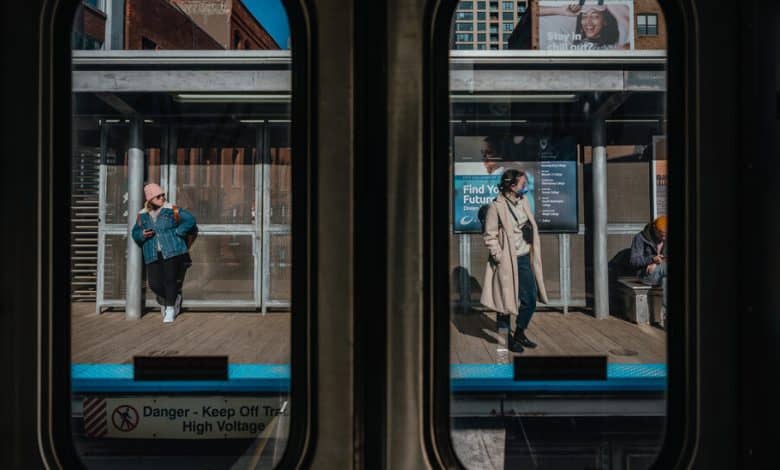Federal Spending Rescued Mass Transit During Covid. What Happens Now?

As commuter buses and trains ran nearly empty at the height of the Covid-19 pandemic, the federal government stepped in with $69.5 billion in relief funds.
It was about five times the federal support for transit approved for 2019, and it is credited with rescuing public transit and saving more than 50,000 jobs in the United States.
“It was really a lifeline for the industry for Congress to step up and provide those resources,” said Paul Skoutelas, president and chief executive of the American Public Transportation Association. But, he added, “Those dollars have essentially run out.”
With ridership still lagging and the prospects for mass transit again uncertain, the health of large transportation agencies around the county could hinge, in large part, on how much aid and in what form the federal government can supply.
“The stakes are high,” said Lindiwe Rennert, a senior research associate at the Urban Institute. “We’re really talking service or no service. For some agencies, it is at that point.”
Already Feeling Squeezed
Transportation agencies around the country are already feeling the pressure.
The three transit operators serving the Chicago region are anticipating a deficit of more than $700 million by 2026, and riders could face service reductions of 40 percent or more without additional funding, according to the Chicago Metropolitan Agency for Planning.